What is rutin?
Rutin is a true natural miracle, with numerous health benefits. It is a natural flavonoid that can be found in the composition of many plants - fruits, vegetables, whole grain foods. This phytochemical, known as vitamin P, which gives the yellow-green color to a number of plant species, is beneficial in many aspects of health.
If names such as rutoside, sophrin, quercetin or vitamin P are found somewhere in the literature, it means that it is about rutin. It can be found in higher doses in the following foods:
- Whole grains such as buckwheat;
- Citrus fruits such as lemon, orange, grapefruit;
- Apple peel;
- Figs;
- Black and green tea;

- Herbs such as eucalyptus, hawthorn, St. John's wort, elderberry.
Since the body does not need high doses of rutin, it can be obtained from the daily consumption of citrus fruits, other fruits or beverages such as the irreplaceable cup of tea.
Rutin is part of the standard healthy human diet and is geared toward heart health, atherosclerosis, and more.
As a good antioxidant, rutin reduces oxidative stress and destroys free radicals.
The anti-inflammatory activity works well for arthritis, joint pain, and other bone-related problems.
Rutin increases the elasticity of the walls of blood vessels and this is important in the treatment of hemorrhoids and varicose veins. Its ability to prevent blood clots is very valuable.
Vitamin P has a beneficial effect on regulating lipid levels, it increases the level of good cholesterol.
Its immunostimulant effect also makes it a good means of strengthening the body.
In addition to the treatment of hemorrhoids, varicose veins, atherosclerosis, it is used during chemotherapy to alleviate the patient's condition.

Does taking rutin have health risks?
If taken through food products, taking rutin creates absolutely no problems for the body and is considered completely safe, regardless of the amounts.
Since it can also be taken as a dietary supplement, there is some potential for side effects such as nausea and vomiting, blurred vision, headache, dizziness, skin flushing and rash, heart rhythm changes, muscle stiffness, and edema due to fluid retention.
Rutin, better known as vitamin P, is not actually a vitamin, but when taken in combination with vitamin C, it helps the body reap the benefits of the antioxidant properties of ascorbic acid.
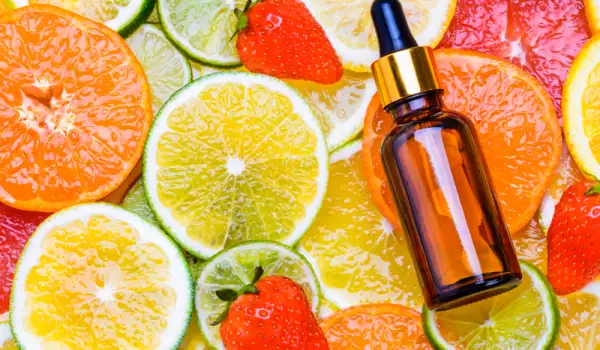
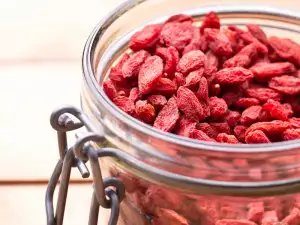
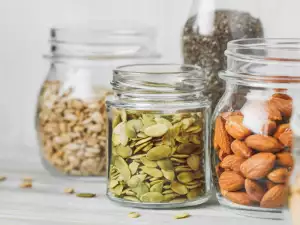



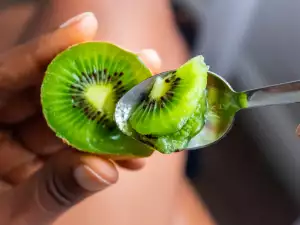

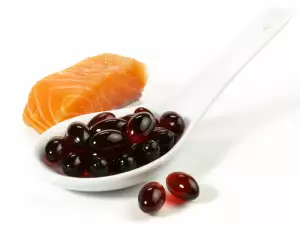






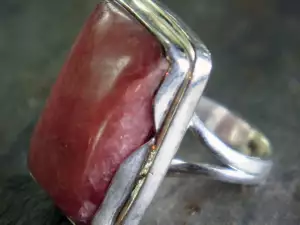




Comments